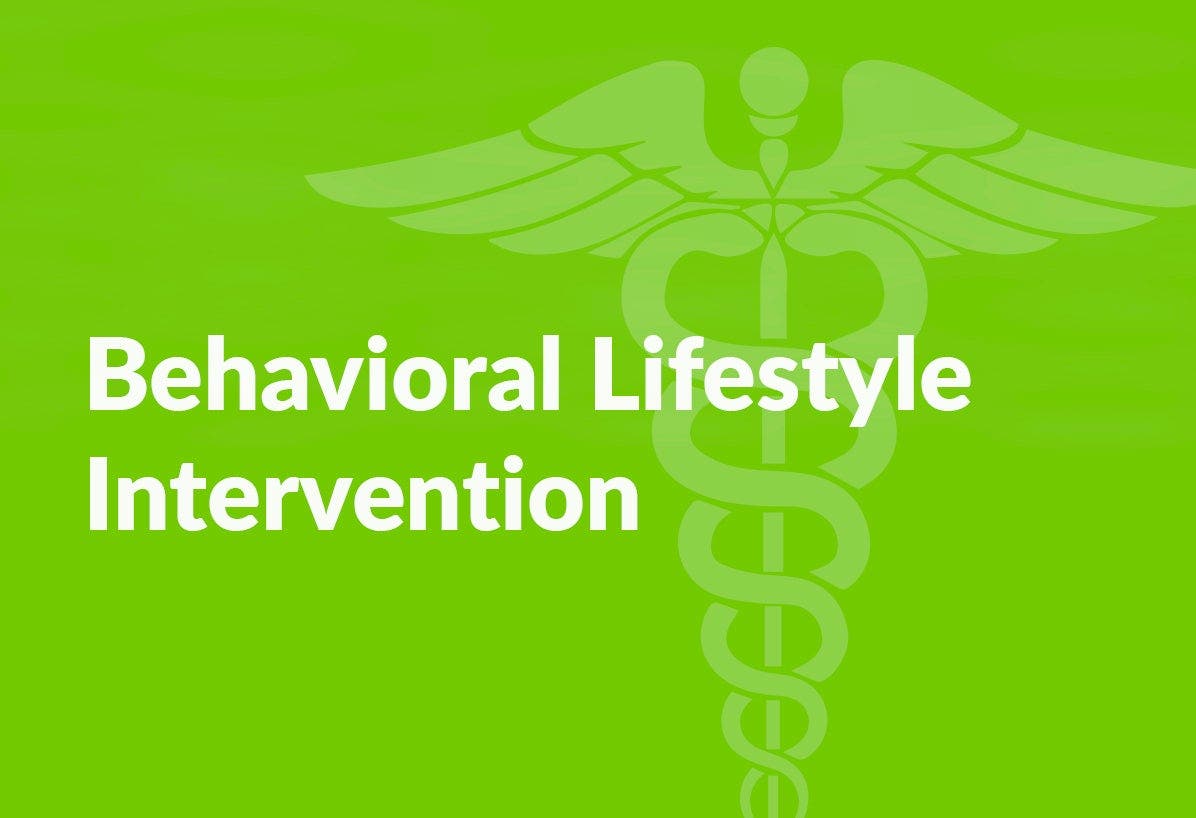Comprehensive behavioral lifestyle interventions for weight loss


WW is one of the few commercially available weight-management programs that fulfills the criteria for behavioral lifestyle interventions for weight loss set forth by the U.S. Preventative Task Force (USPTF), and numerous expert panels including The Obesity Society (TOS), the American College of Cardiology (ACC), the American Heart Association (AHA), UK National Institute for Health and Care Excellence, and the Australian Government's National Health and Medical Research Council.1,2,3,4,5 These panels are made up of multidisciplinary professionals. For example, the TOS/AHA/ACC Panel consisted of 15 members, with expertise in psychology, nutrition, physical activity, epidemiology, and other clinical specialties.
The WW plan is based on the rigorous systematic evidence reviews by expert panels, such as those previously mentioned. These criteria are based on the highest quality evidence available—specifically Level A, Class I evidence, which means that the data come from multiple populations, and multiple randomized clinical trials and/or meta-analyses.
The table below illustrates how WW compares to some of the U.S. based recommendations and guidelines.
| 2012 USPSTF1 recommendations | 2013 AHA/ACC/TOS2 guidelines | WW | |
| Longer-term duration (minimum of 12 sessions1, ≥ 6 months2) | ♦ | ♦ | ♦ |
| High-Intensity (12-26 sessions/yr1, ≥ 14 sessions/6 months2) | ♦ | ♦ | ♦ |
| Multicomponent/Comprehensive | ♦ | ♦ | ♦ |
| Behavioral counseling to facilitate adherence to diet and activity recommendations (portions, stimulus control, addressing barriers to change, etc.) | ♦ | ♦ | ♦ |
| Goal setting (weight loss of 5%-10% within 6 months1,2, daily dietary intake2, weekly physical activity minutes2) | ♦ | ♦ | ♦ |
| Improving diet or nutrition1/Prescription of a moderately reduced diet (energy deficit of ≥ 500 kcal/day )2 | ♦ | ♦ | ♦ |
| Increased physical activity1/Physical activity goal2 (≥ 150 minutes/week) | ♦ | ♦ | ♦ |
| Regular self-monitoring (intake, activity, weight) | ♦ | ♦ | ♦ |
| Strategies for maintained lifestyle changes and weight loss | ♦ | ♦ | ♦ |
| On-site, in-person, individual or group sessions | ♦ | ♦ | ♦ |
| Sessions provided by a clinician1/ trained interventionist2 | ♦ | ♦ | ♦ |
| When Lifestyle Interventions are not possible in primary care offices or available by referral, the below are alternate modes of delivery: | |||
| Community-based1/Commercial programs using counseling2 (provided peer-reviewed published evidence of safety and efficacy) | ♦ | ♦ | ♦ |
| Electronically delivered weight-loss programs (internet or telephone) with personalized feedback (may result in smaller weight losses than face-to-face) | ♦ | ♦ | |
2.Jensen MD, et al. 2013 AHA/ACC/TOS guideline for the management of overweight and obesity in adults: a report of the American College of Cardiology/American Heart Association Task Force on Practice Guidelines and The Obesity Society. Circulation 2014;129:S102-S138.
3.National Institute for Health and Care Excellence (NICE). Clinical Guidelines [CG189] Obesity: identification, assessment, and management. Published date: November 2014. Accessed on March 9, 2018 at: https://www.nice.org.uk/guidance/cg189
4.National Institute for Health and Care Excellence (NICE). Public Health Guidelines [PH53] Weight management: lifestyle services for overweight or obese adults. Published date: May 2014. Accessed on March 9, 2018
5.Australian Government, National Health and Medical Research Council. Clinical practice guidelines for the management of overweight and obesity in adults, adolescents and children in Australia. 2013 Accessed March 9, 2018
